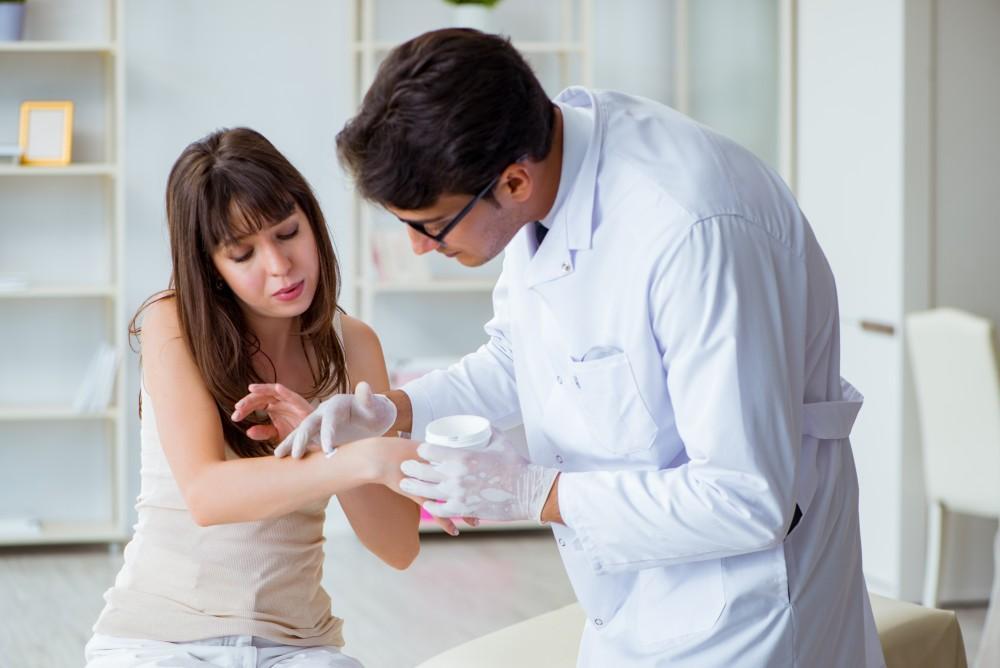
Stop Popping Your Zits!
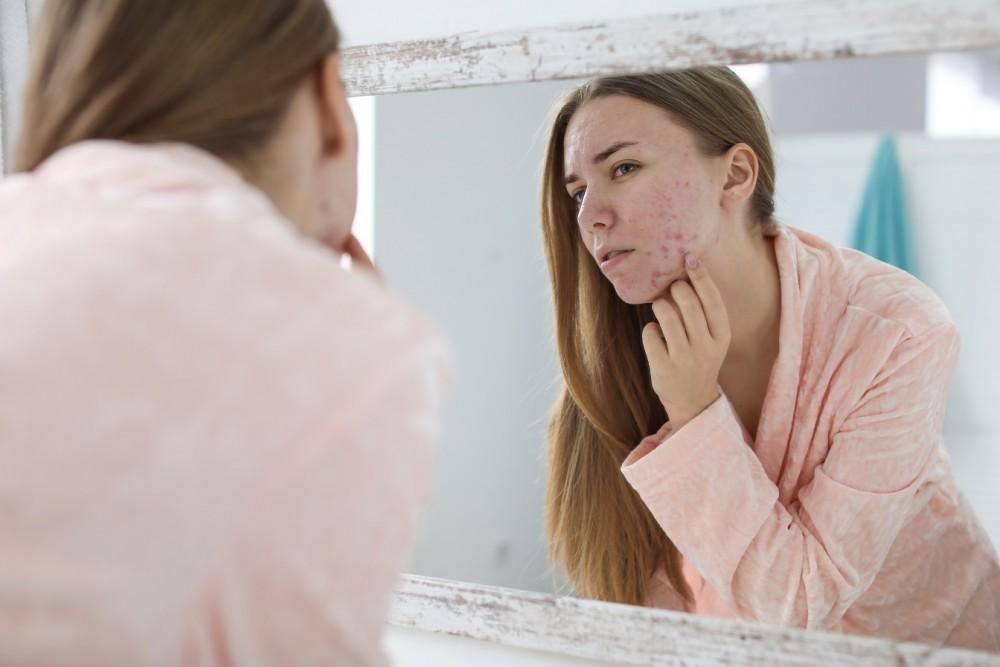
Pimples and other acne-related blemishes can strike at any age. In fact, between over-the-counter remedies and specialized dermatological care, millions of Americans of all ages seek help for their acne.
At Manhattan Dermatology, one of the most common questions our board-certified dermatologists address with patients is whether it’s OK to pop your pimples.
The answer? No!
We’ve created this guide to help you better understand the dangers of squeezing and picking at acne and why you need to stop popping your zits. Keep reading to learn what you need to know.
Reasons to stop popping your pimples
Just as there are many reasons people develop acne — from genetics and hormonal changes to the skin care products you use — there are multiple reasons to stop popping your pimples.
Unless you have a whitehead that looks like it’s ready to burst on its own, here’s why you need to stop popping your zits:
Increases inflammation and infection
Acne is an inflammatory skin issue. In other words, it’s the inflammation caused by blocked oil (sebaceous) glands.
When you have a buildup of sebum, or oil, that your skin produces to keep itself lubricated and protected and skin debris (e.g., dead skin cells, bacteria, dirt), it can clog your pores and follicles and block these glands.
The result is blackheads and whiteheads — clogged pores or follicles that have white or black tips — and the acne we call pimples: inflamed red bumps called papules and pus-filled pimples called pustules.
When you see a pimple, it’s natural to want to squeeze it or pop it. But doing so can force the debris and bacteria deeper into the follicle or pore.
This can cause the wall of the pore or follicle to break, spilling the infected pus and materials into deeper layers of your skin, triggering even more inflammation. You might even cause infection below the surface.
Causes worse acne
If you’ve ever popped a zit only to have it reappear soon after and looking much worse, you’ve experienced one of the major issues that comes with picking at acne.
When you pop a pimple that doesn’t have a well-developed whitehead, you break open your skin and force pus to the surface. Because you caused an open wound in your skin, a scab forms, making it difficult for the pus that remains below the surface to escape.
As a result, you increase the formation of inflammatory acne: nodules (hard, inflamed lesions), conglobata (collections of nodules), and cystic acne (sore, fluid-filled lumps) below your skin. Popping zits often increases their formation, making your acne worse.
Leads to permanent scarring
Popping your zits doesn’t just give you a scab or an area of swelling. It’s the best way to give yourself permanent acne scars, especially if you routinely pick at your face.
That’s because each time you pop a zit or pick at your acne, you damage your skin. This increases the chances of losing delicate skin tissue during the healing process. The more damage to your skin after picking at it, the more likely you’ll lose this tissue.
Even if your zit popping doesn’t cause scarred pits on your face, it can lead to dark areas called keratinocytes. These develop when your skin gets inflamed and sends extra melanin to the surface, causing hyperpigmentation that can last long after your acne disappears.
Safer ways to care for acne
If you’re tired of seeing blackheads, whiteheads, and other acne when you look in the mirror, there are safer ways than popping your zits to care for your skin.
If you’re struggling with moderate or severe acne, we evaluate your skin and offer personalized skin care recommendations and acne treatments, including:
- Topical therapies
- Resorcinol and/or retinoids
- Oral antibiotics
- Hormonal therapies
- Accutane for severe, cystic acne
- Chemical peels
- Laser treatments
Learn more about the dangers of popping your zits or come in for a skin evaluation by scheduling an appointment online or over the phone at the Manhattan Dermatology location nearest you. We have offices in the Murray Hill and Midtown East sections of Manhattan in New York City.
You Might Also Enjoy...

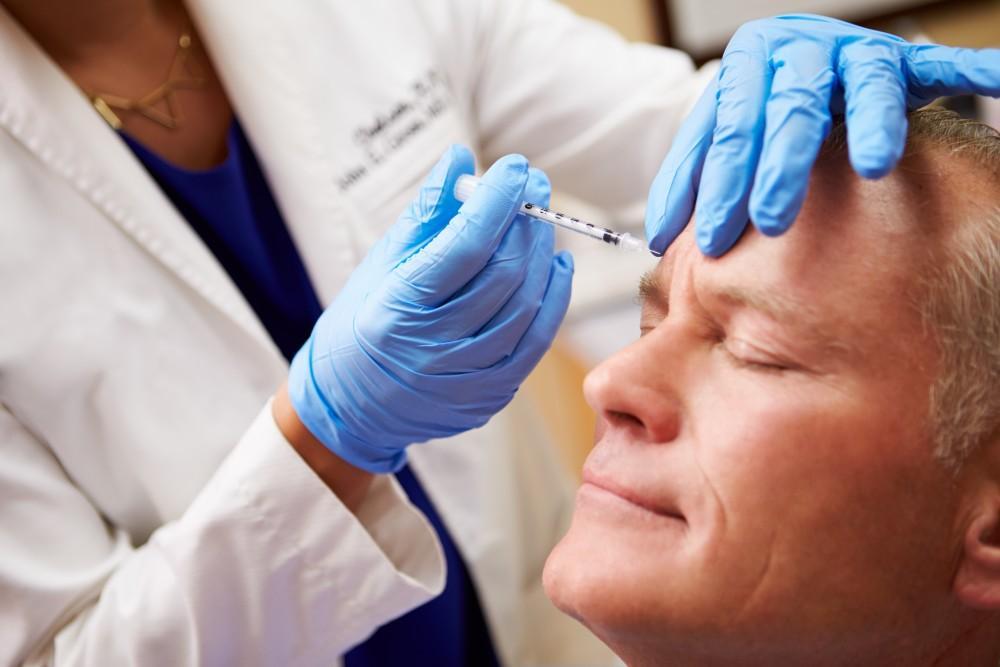
5 Tips to Make the Most Out of Botox® Treatments
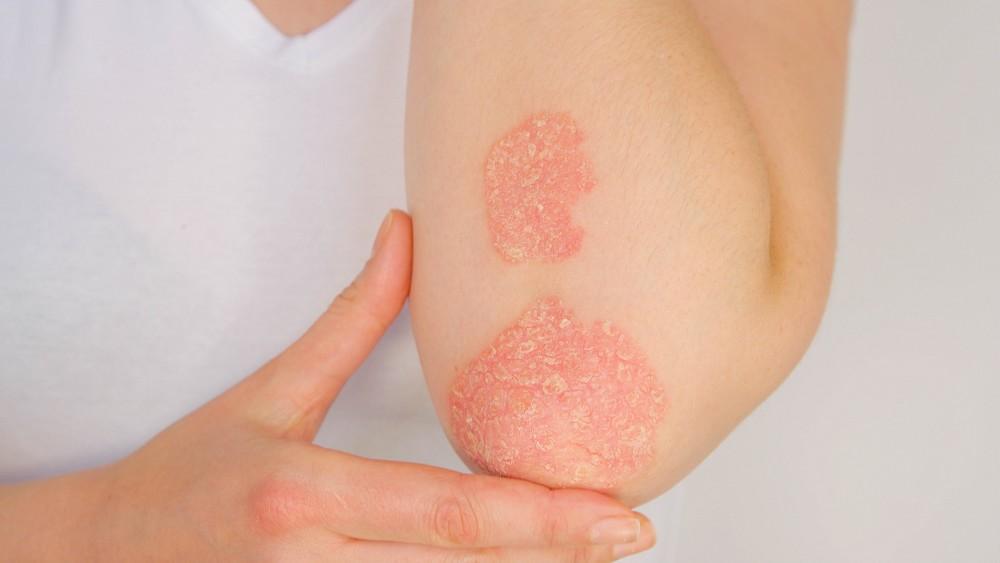
Does Psoriasis Run in Families?
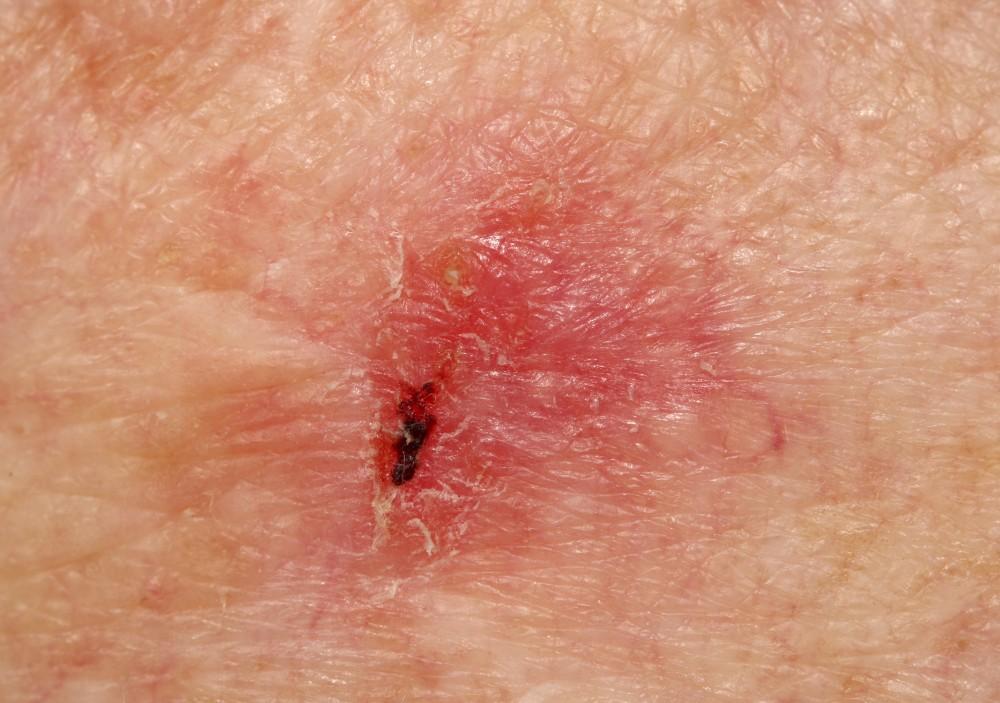
Do I Really Need Treatment for Basal Cell Carcinoma?
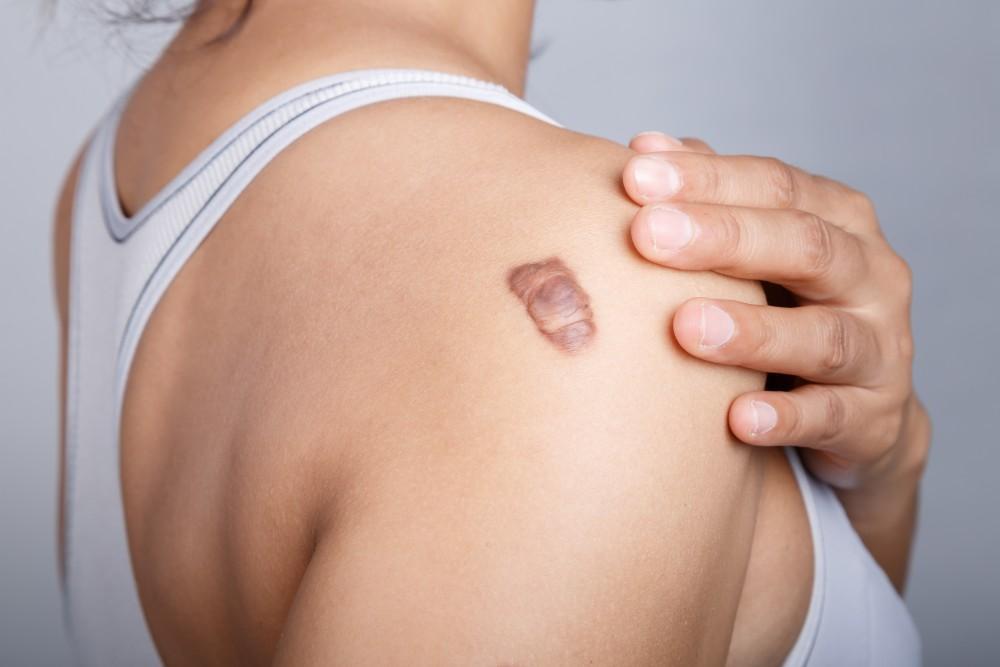
Are All New Moles in Adulthood Cancerous?
